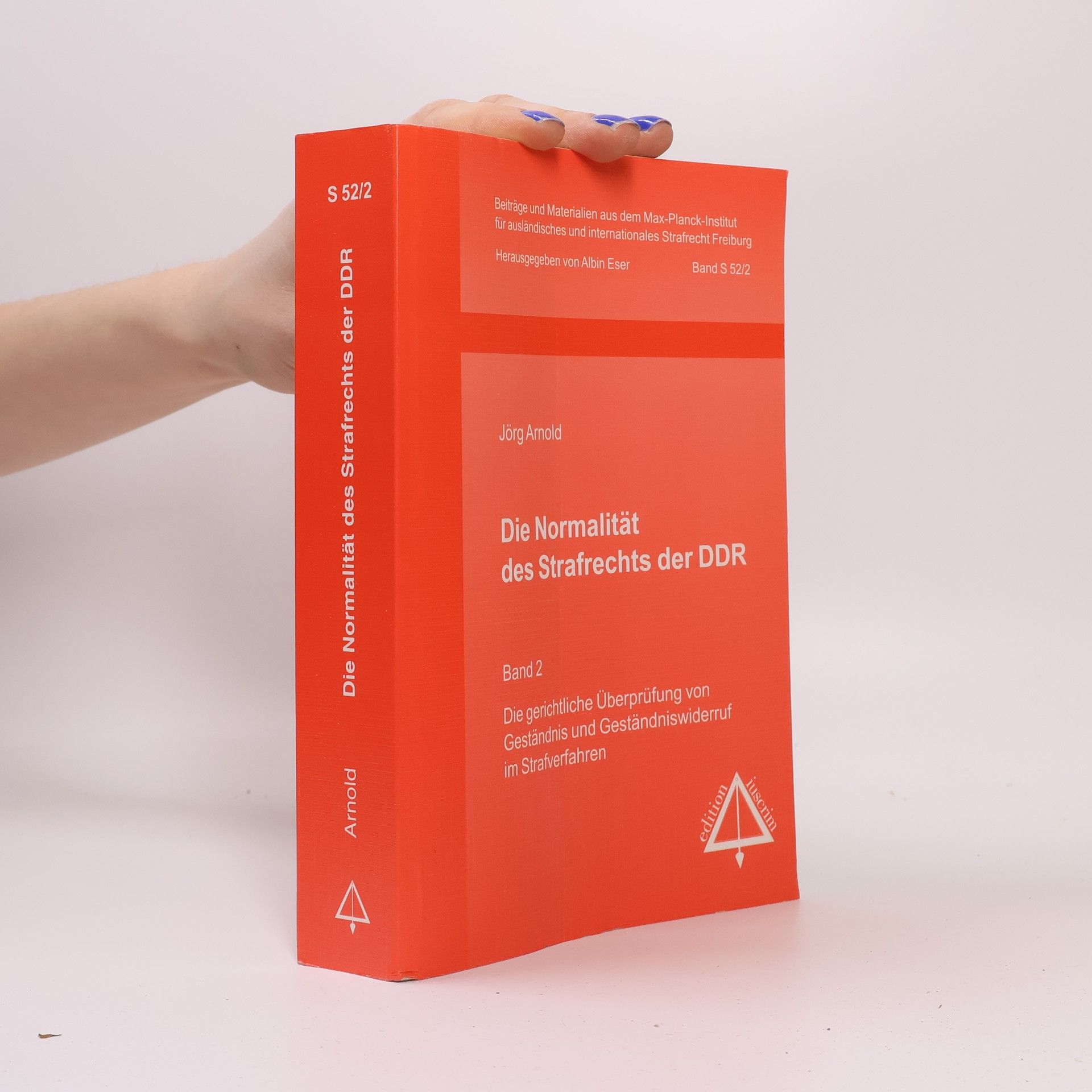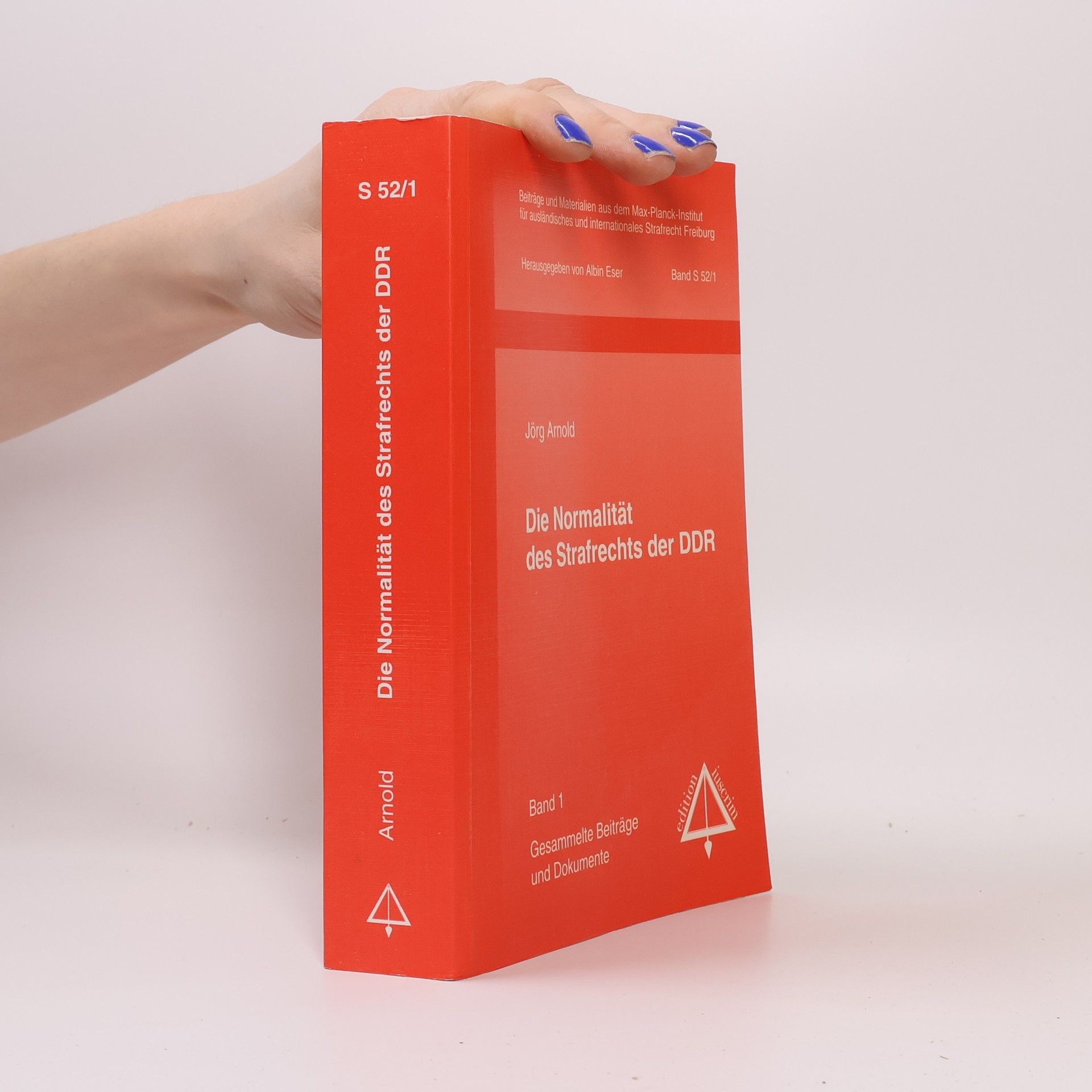Albin Eser Libri
Albin Eser è un giurista tedesco il cui lavoro si concentra sul diritto penale. In precedenza ha prestato servizio come giudice ad litem presso il Tribunale penale internazionale per la ex Jugoslavia. I suoi contributi accademici risiedono nell'analisi approfondita dei principi legali e della loro applicazione in contesti internazionali. La sua esperienza ha plasmato il discorso sulla giustizia e sulla responsabilità su scala globale.



Beiträge und Materialien aus dem Max-Planck-Institut für ausländisches und internationales Strafrecht Freiburg - 1: Die Normalität des Strafrechts der DDR
Gesammelte Beiträge und Dokumente
- 990pagine
- 35 ore di lettura
Die Normalität des Strafrechts der DDR
- 815pagine
- 29 ore di lettura